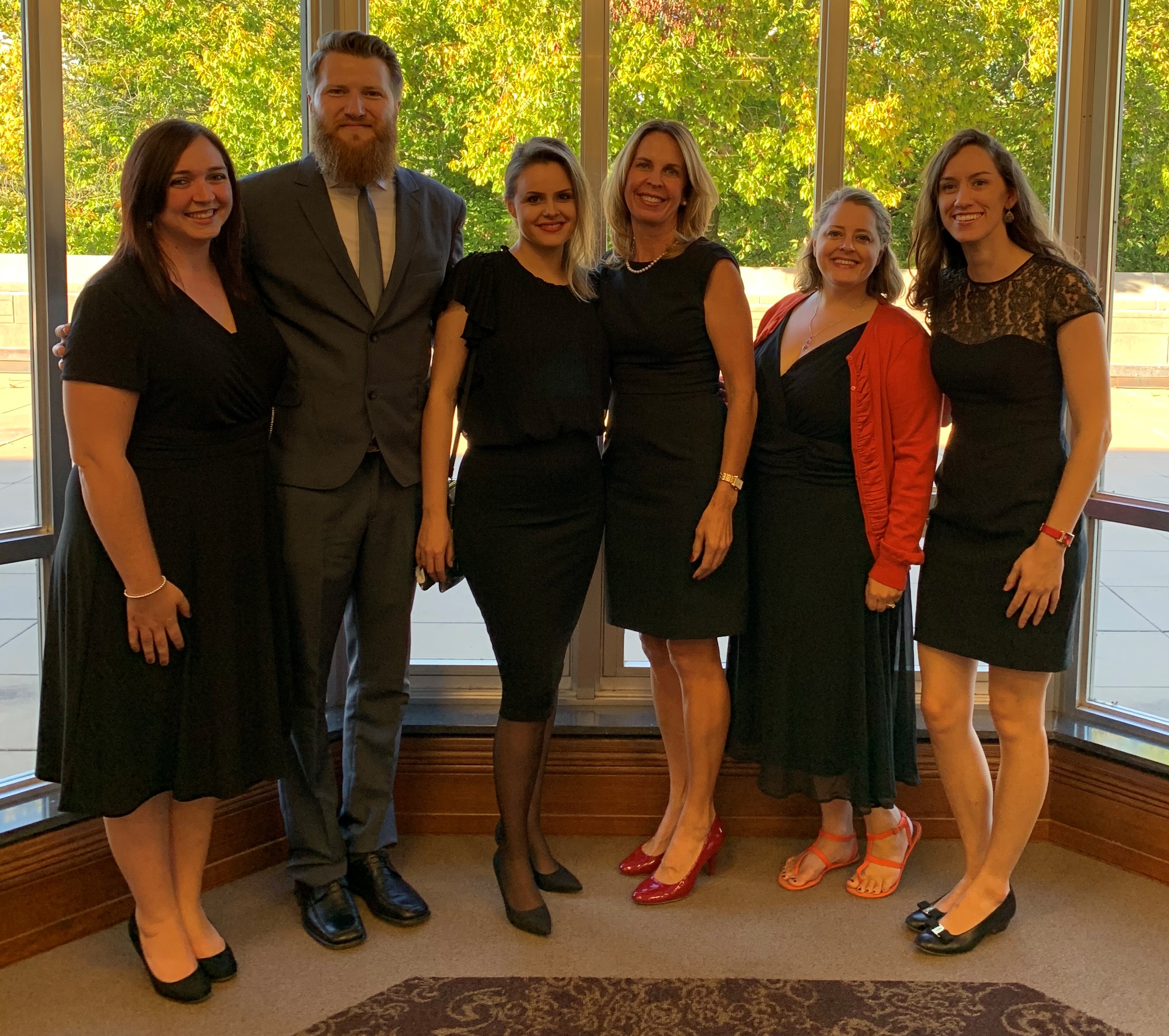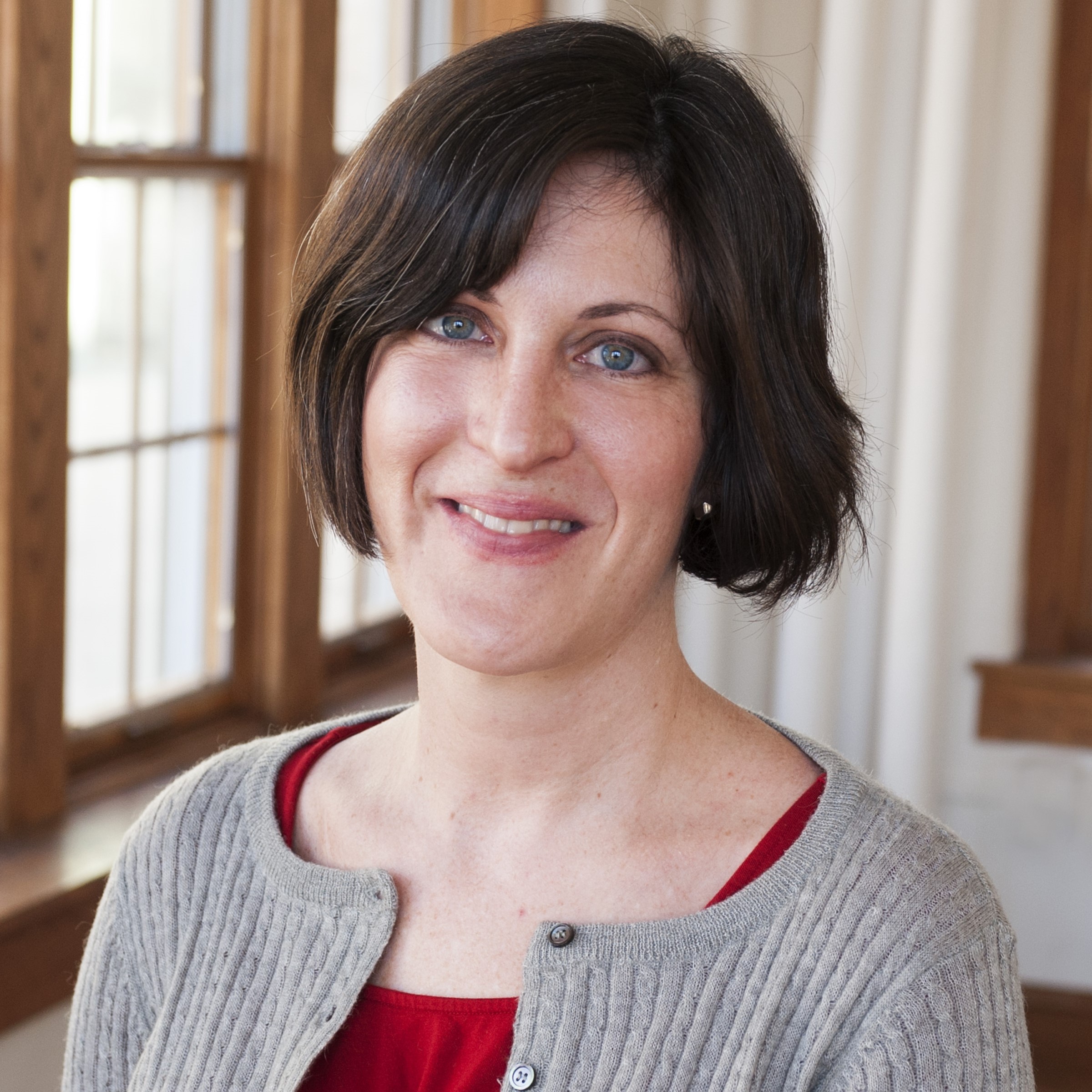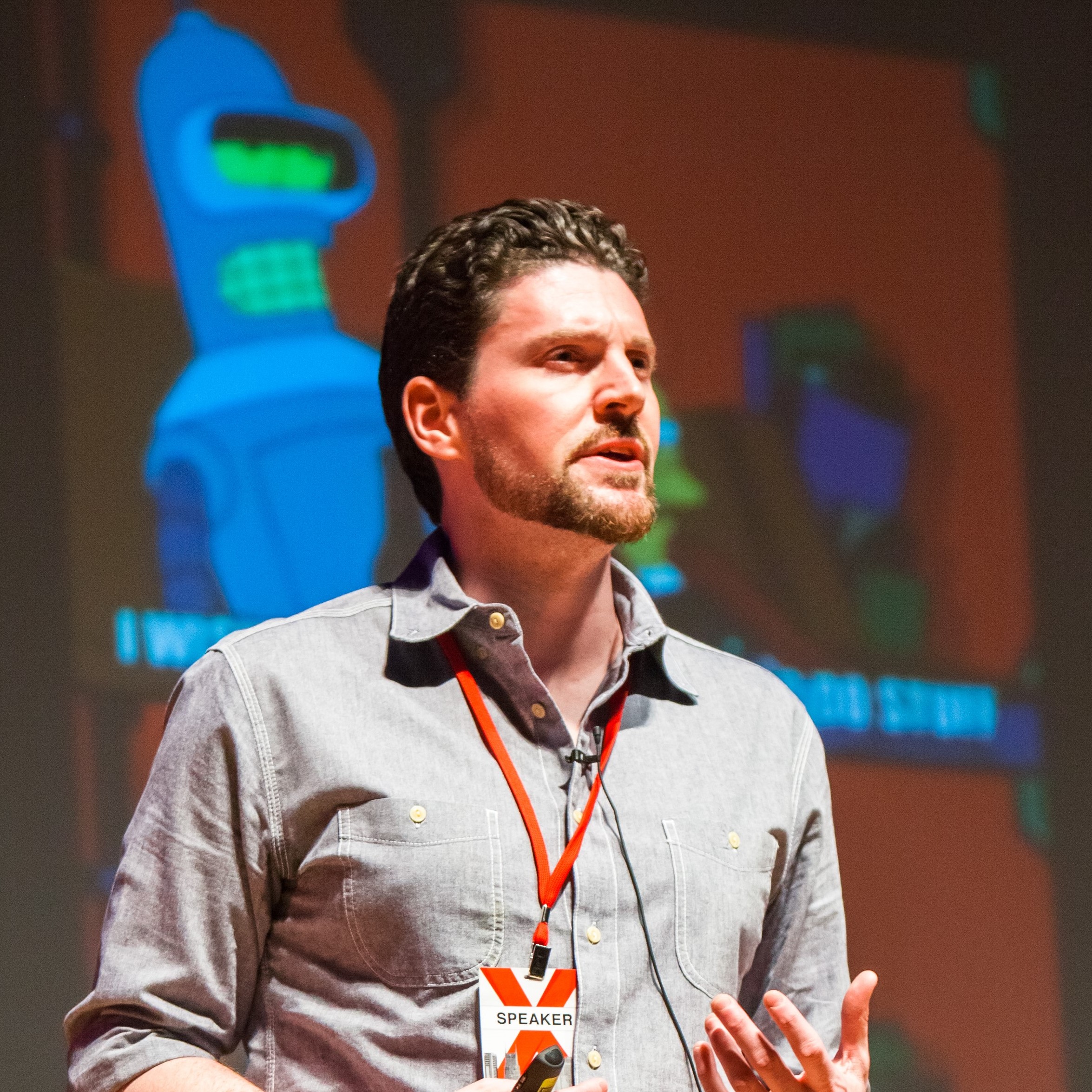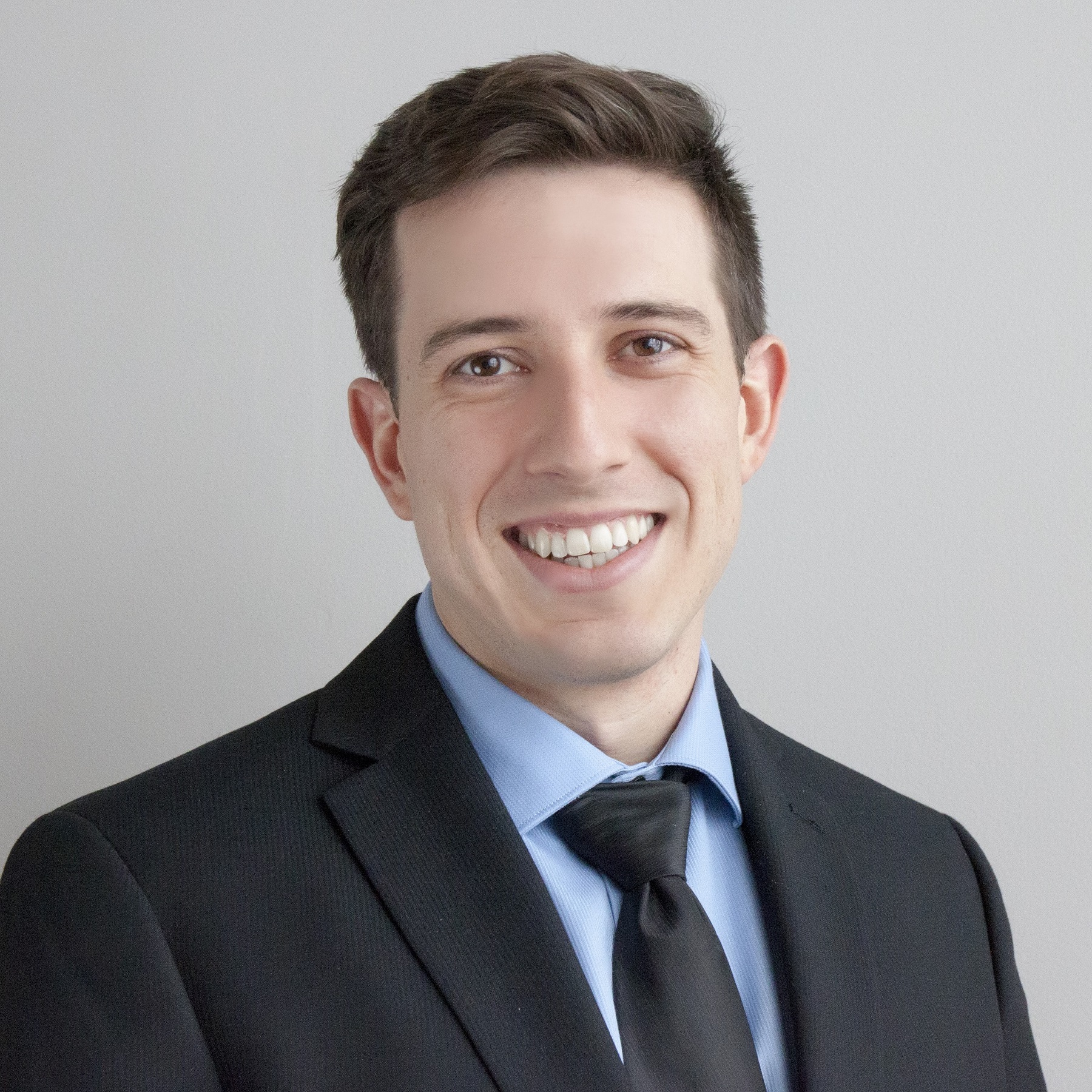
Collaborators
International Research Collaboration is a scientific collaborative endeavor often practiced between individuals, organizations, institutions, or two or more nations, who actively participate in advising, sharing information, and discussing ideas through correspondence by various means of communication achieving the common goal of production of new scientific knowledge. (Stanojevic et al., 2022)
Research Teams

Jennifer Piatt, PhD, CTRS
Dr. Jennifer Piatt is an Associate Professor in the department of Health and Wellness Design, School of Public Health at Indiana University Bloomington. Dr. Piatt’s research focuses on community-based rehabilitation -primary focus on sexual health and women living with a disability.

Selma Šabanović, PhD
Dr. Šabanović is an Associate Professor and Associate Dean for Graduate Education of The Luddy School of Informatics, Computing, and Engineering at Indiana University, Bloomington. Her work combines the social studies of computing, focusing particularly on the design, use, and consequences of socially interactive and assistive robots in different social and cultural contexts, with research on human-robot interaction (HRI) and social robot design.

Casey Bennet, PhD
Dr. Casey Bennett is an Associate Professor in the School of Intelligence at Hanyang University in Seoul (Korea), and an adjunct professor at DePaul University in Chicago. His current work includes artificial intelligence in clinical decision-making for chronic illness, utilizing robotic pets for therapeutic purposes with elderly people, and development of robotic sensor systems for monitoring in-home patient health.

Bryan McCormick, PhD, CTRS
Dr. Bryan McCormick, PhD, CTRS is a Professor of Health and Rehabilitation Sciences in the College of Public Health at Temple University, and a principal investigator with the Temple University Collaborative on Community inclusion. His work focuses on the social functioning and community participation of adults with serious mental illness, and he has authored or co-authored more than 70 peer reviewed publications, as well as multiple books and chapters. He is a past president of the American Therapeutic Recreation Association (ATRA). His work has taken place both domestically and internationally as he has been awarded two Fulbright scholarships to study issues affecting community mental health service users in Serbia and Bosnia and Herzegovina.

Shay Dawson, PhD, CTRS
Dr. Shay Dawson is an Assistant Professor at Central Michigan University. His research focuses on the development of empirically based therapeutic interventions and programs that positively impact the health of youth with chronic illnesses, disabilities, and life stressors. To this end, the goal of Dr. Dawson’s research inquiry centers on the development, testing, refinement, and dissemination of evidence based programs to enhance individual and family functioning. Research approaches utilized by Dr. Dawson include egocentric social network analysis, mixed methods, and qualitative phenomenological inquiry.

Lori Eldridge, PhD, CTRS
Dr. Lori Eldridge is an Assistant Professor, Recreation Sciences , College of Health and Human Performance. Her research is designed to bridge the gap between research and practice by the translation of empirical evidence into evidence-based curriculums and the establishment of policy change. She focuses on how the impact of laws, policies, regulations, access to services, and healthcare delivery are affected by social determinants of health. Her research has been influenced from 16 years of professional applied experience with individuals with comorbid diagnoses of mental health, physical and intellectual disabilities, and substance use disorders.

Ivanka Simic Stanojevic, PhD
Dr. Ivanka Simić Stanojević is a Postdoctoral Research Fellow in the School of Public Health at Indiana University. Her research is centered on improving the sexual health and well-being of minoritized and marginalized populations, with a particular focus on LGBTQ+ individuals, women, and people with disabilities. Holding a Ph.D. in Leisure Behavior with a minor in Sexual and Reproductive Health, Dr. Simić Stanojević’s scholarly work integrates perspectives from leisure philosophy to understand and examine sexual wellness and behavior more comprehensively. She is dedicated to identifying and improving effective strategies within the allied health professions, mainly recreational therapy, to advance sexual health outcomes for individuals with disabilities. Through her work, Dr. Simić Stanojević aims to design sex-positive, LGBTQ+-inclusive sexual health interventions grounded in empowerment and self-advocacy.

Tyler Neimeyer, MS, CTRS
Tyler Neimeyer received his Master’s degree in Recreational Therapy from Indiana University, where he has served as a Visiting Lecturer, teaching courses in the Department of Wellness Design. A Certified Therapeutic Recreation Specialist (CTRS) since 2018, he currently the Regional Director of Recreational Therapy at F.L.O.W. Recreation in Indianapolis, IN. Having worked with individuals with neurodevelopmental disorders since 2014 as a behavior therapist, Tyler is committed to equal access to recreational, leisure, and activity-based therapy for all populations. His clinical approach centers around naturalistic, client-centered service in which ‘dis’ability is a social construct and recreational therapy is leveraged to support positive therapeutic outcomes and improved quality of life.